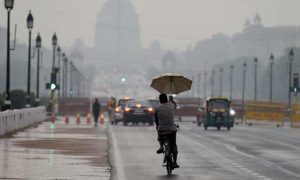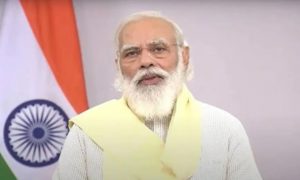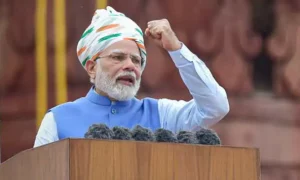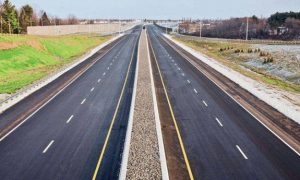Prime Minister Narendra Modi on Tuesday officially extended the nationwide lockdown to contain the spread of the novel coronavirus, till May 3. The 21-day lockdown was initiated on March 25 and was scheduled to end on April 14.
However, the central and state governments decided that extending the lockdown is the only way to ensure that the daily rise in the number of Covid-19 cases does not overwhelm the healthcare system.
As of April 14, the total number of confirmed coronavirus cases in India stands at 10,815. This figure includes 1,189 patients who were either cured or discharged after undergoing treatment and 353 who succumbed to the infection.
In addition, one Covid-19 patient in India decided to migrate back to his/her country after being cured of the infection.
Here’s a complete list of what’s open and what’s closed to help you better navigate the second phase of this nationwide lockdown.
What’s open?
Essential services have been exempted from the lockdown. These include health workers (doctors, nurses), sanitation workers, media persons, security personnel (police, security forces).
In some states, farm workers and those in the agriculture sector have been permitted to transport their produce to the local mandis. However, a nationwide order in this regard is yet to be issued.
Hospitals, government offices involved in key operations crucial to the detection and treatment of coronavirus, offices of cooking gas agencies, fuel pumps, food supply chains (wholesale and retail stores and mandis), pathology/diagnostic labs are also exempted from the lockdown and permitted to operate.
In Delhi’s Azadpur vegetable Mandi, traders have decided to follow the odd-even rule amid the lockdown. The shed numbers of the vegetable traders in the mandi will be considered for the odd-even rule and the same will remain in effect from 6 am to 11 am and 2 pm to 6 pm along with social distancing norms.
There is no restriction on inter-state and intra-state movement of goods trucks. All trucks are allowed to move, whether or not the goods being transported are essential.
Citizens living in areas that have not been identified as containment zones can move out of their homes to buy essential commodities such as food products and milk. However, one must restrict movement to a bare minimum and wear a mask and gloves while stepping out each time.
What’s closed?
All passenger trains and domestic/international flights remain suspended till May 3. The same applies to all forms of public transport (private and public cabs, buses, metro services).
Non-essential businesses which do not feature in the lists of exceptions issued by the central and state governments.
All public places (gyms, swimming pools, movie theatres, malls, multiplexes, public parks, markets) will also remain closed till May 3.
Residents of areas marked containment zones or hot spots will not be allowed to move out of their homes and food and other essentials will be delivered to their doorstep.
What can open after April 20?
A number of industries such as agriculture, fishing and pharma are expected to be added to the list of exceptions only in districts specifically identified as “non-hotspots”. Clarity on this is expected after April 20.
After April 20, eateries (dhabas) situated on highways along with truck repair shops and construction workers are expected to resume operations in areas where authorities are yet to detect even a single case of Covid-19.





































